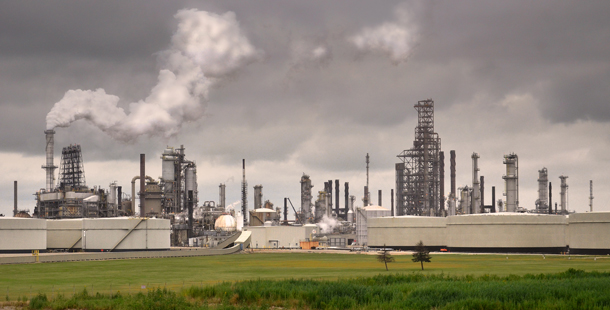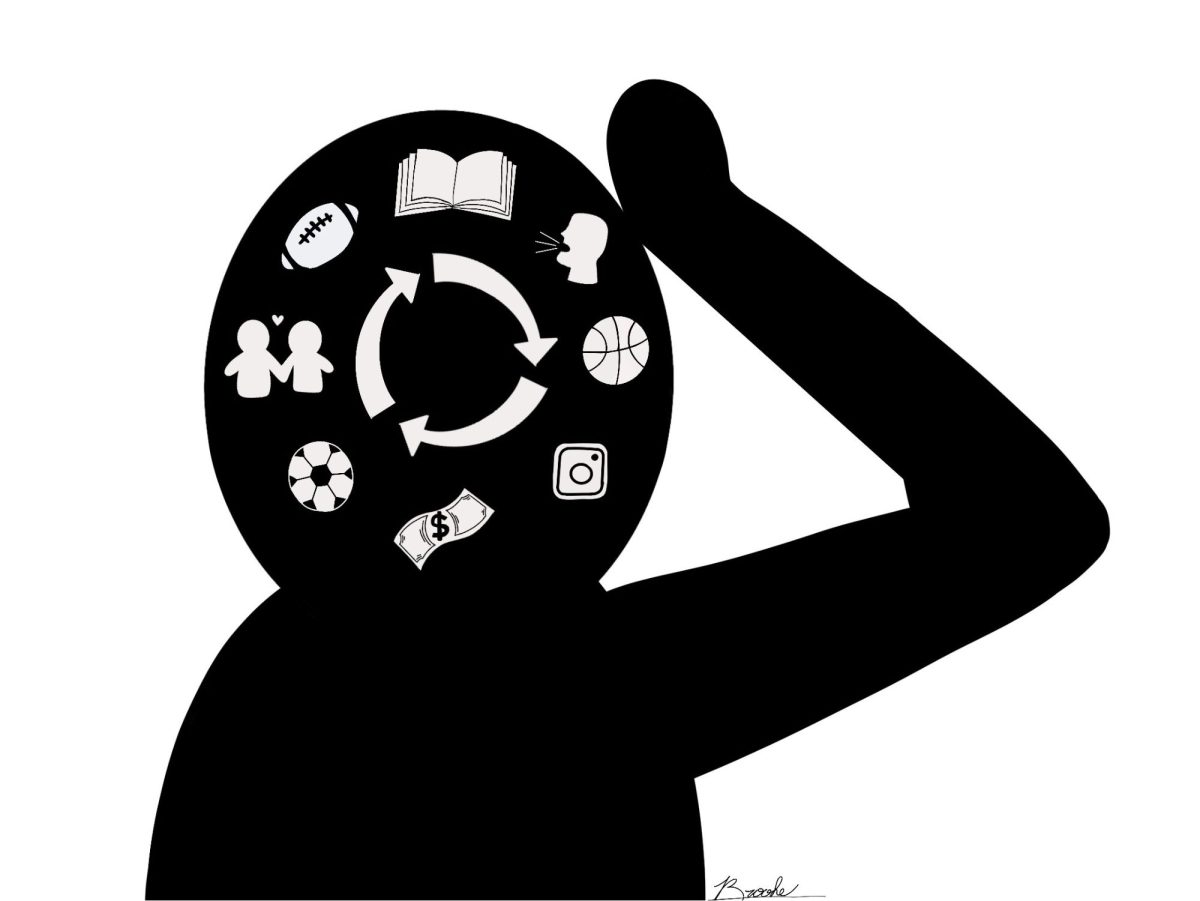To read Ahmed’s opposing view point, click here.
The dangers of COVID-19 and the declining price of oil is looming over the Big Oil industry and their standards. For example, traveling hasn’t been the same with the pandemic amid. With a diminishing use of travel, the 68% of produced petroleum that the traveling industry usually uses is going to waste.
With renewable energy sources becoming increasingly affordable, and countries levying climate regulations, fossil fuel companies are growing increasingly nervous as to how to remain profitable. Kate Arnoff from The New Republic said that the petrochemicals industry would make up 45% of demand growth in the coming decade, and maybe 95% by 2040.
ExxonMobil predicts the same demand for petrochemicals, increasing by nearly 45% in the next decade. It opens up an opportunity to save, and even add jobs. It would be oblivious if the oil industries didn’t try to take advantage of this demand to keep themselves profitable.
Yes, plastic pollution is a huge problem within our society. Plastic ends up in our waters, land, cities and it’s a blundering mess to deal with. However, some transitional companies like LyondellBasell, a chemical and refining company, are developing modern technology to help curve the plastic problems. This technology targets used plastic waste and returns said plastic to its molecular form to use it as a feedstock for new plastic. Large industries like big oil are bound to develop their own ways of curving the plastic problem.
Advancements in recycled polyethylene plastic resins (used in plastic bags and packaging) are being developed by ExxonMobil to create new, sustainable, and flexible. In addition, new Vistamaxx performance polymers have opened up opportunities for cheap recycled utilization. Furthermore, the plastics industry has created a new use for byproducts, such as using petrochemical feedstock (produced from oil) to make plastic. Conclusively, Big Oil is allowing recycling programs to advance under its wing.
In short, big oil investing in plastic can be a huge risk. Many jobs are on the line, and the move on plastic can help sustain those jobs that American families rely on. That’s why the move on plastic isn’t as bad as it seems.







